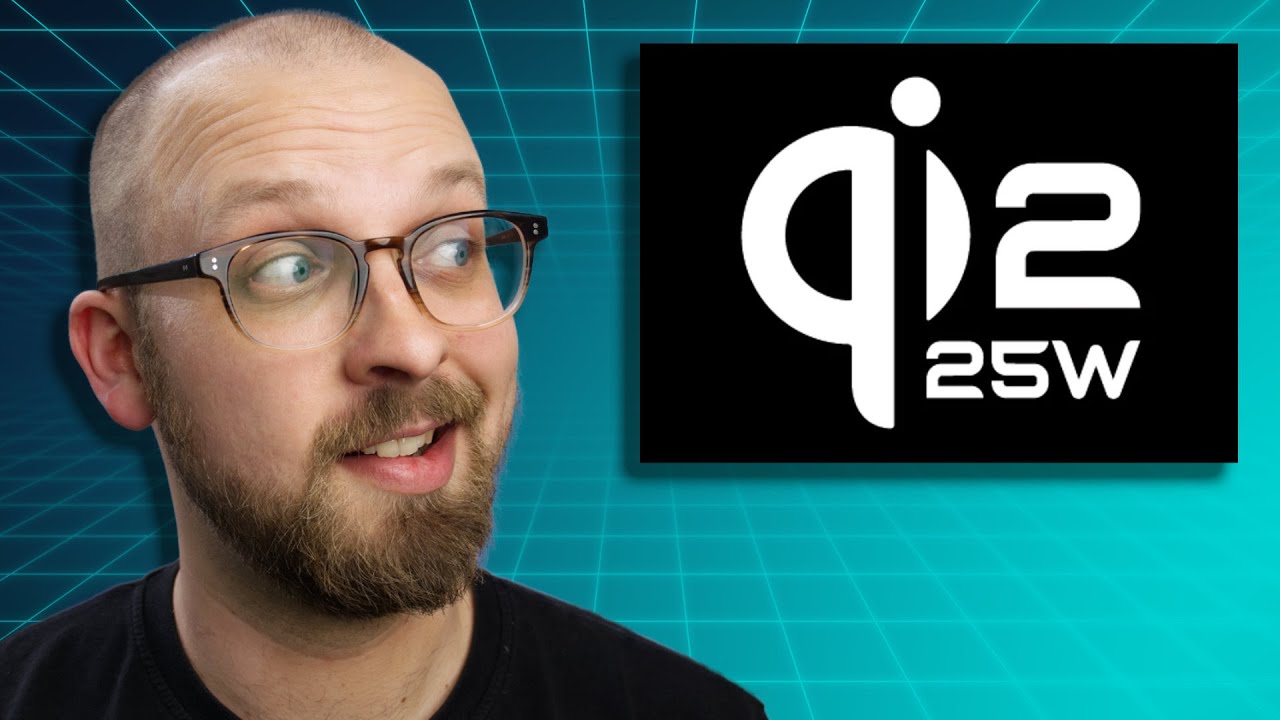The video highlights the launch of the new CH225 W wireless charging standard boosting power to 25W with broad industry support, alongside China’s rapid advancement in smartphone battery capacity driven by silicon carbon technology. It also covers significant AI policy shifts in the U.S., innovative product releases across tech sectors, and key developments in privacy, semiconductor production, and cybersecurity.
This week’s update kicks off with exciting news in wireless charging technology. The Wireless Power Consortium has officially launched the CH225 W standard, also known as Chi V2.2.1 or more simply G2 25W. This new standard boosts wireless charging power from the previous 15 watts to 25 watts, promising faster charging speeds. Unlike the earlier G2 standard, which saw limited adoption mainly by Apple, the new G2 25W is expected to gain traction among major Android smartphone brands as well. Already, 14 devices have completed certification testing, with hundreds more in the pipeline, signaling broad industry support. Early certified devices include components from companies like Anker and Belkin, and the upcoming Pixel 10 phones might be among the first to fully embrace this new wireless charging standard.
The second major story highlights China’s growing dominance in smartphone battery capacity. According to a report from Counterpoint Research, the average battery size in Chinese phones has surged dramatically compared to the rest of the world. Whereas the difference was only about 100 mAh a year and a half ago, it has now ballooned to over 500 mAh. This rapid growth is largely attributed to China’s swift adoption of silicon carbon battery technology, which offers better performance and longevity. The report suggests that China will likely maintain and even widen this lead in battery capacity in the near future, reinforcing its position as a key player in mobile battery innovation.
Turning to AI policy, the U.S. government under Trump has unveiled a new AI action plan via the website ai.gov. The 28-page document primarily advocates for deregulation to accelerate AI development, urging agencies like the FTC and NIST to ease or halt regulations that could hinder innovation. The plan controversially suggests that AI companies should not be burdened by copyright restrictions, implying that extensive use of copyrighted material is necessary for successful AI programs. This deregulatory stance has raised concerns, especially in light of warnings from AI experts about potential fraud crises emerging from rapid AI deployment. The plan also threatens punitive measures against states that attempt to implement their own AI regulations.
In product news, several notable releases and announcements were covered. Nothing launched its affordable CMF Watch 3 Pro smartwatch with improved battery life and GPS, while Microsoft introduced a new Surface laptop featuring 5G connectivity and an Intel Lunar Lake chip. OPPO’s quirky K13 Turbo Pro smartphone includes an RGB cooling fan replacing a second camera, and Lego unveiled a buildable Nintendo Game Boy replica with a lenticular display. Additionally, a YouTuber created mass-produced iPhone cases that add USB-C ports, showcasing innovative DIY tech solutions. These diverse releases highlight ongoing innovation across wearables, laptops, smartphones, and even nostalgic gaming devices.
Finally, the briefing touched on various tech developments and concerns. DJI teased upcoming 360° cameras and robot vacuums, Canon revealed a record-breaking 410-megapixel full-frame sensor for scientific use, and Japan’s Rapidus semiconductor startup began test production of advanced wafers. AMD’s CEO noted that chips made in TSMC’s U.S. plant will cost slightly more than those from Taiwan, reflecting trade-offs in supply chain diversification. Privacy issues surfaced as Microsoft France admitted EU data might still be accessible to U.S. authorities, while Proton launched a privacy-focused AI chatbot named Lumo. Google prematurely revealed the Pixel 10 lineup, T-Mobile started Starlink satellite texting service, and a major cybersecurity breach affected over 400 organizations, including the U.S. Nuclear Weapons Agency. The video concluded by highlighting 80,000 Hours, a nonprofit helping people find impactful careers, especially in AI safety and governance.
